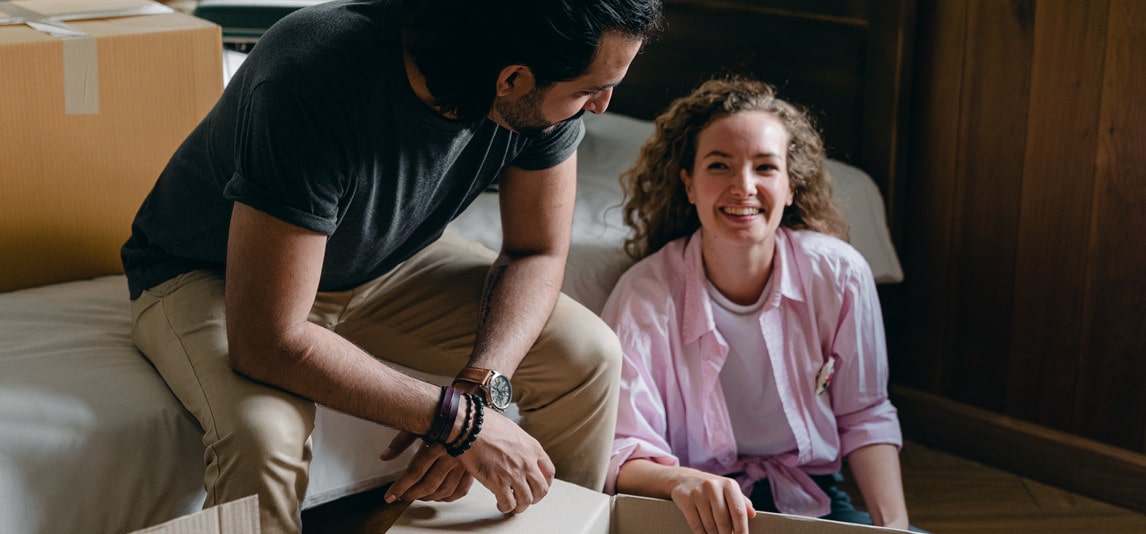Adopting an older dog is a wonderful thing to do. Dogs that have a few more miles on the clock sometimes find it extra difficult to find a loving home but as pets, they are just as wonderful as a puppy or a younger dog.
While you certainly can teach an old dog new tricks, it’s important to remember that they might have some pre-existing habits and routines that you will need to be aware of to ensure they feel welcome in your home.
Before you bring your newly adopted dog back home for the first time, it’s crucial that you take the time to set your home up to accommodate your furry friend. Get them a bed that is large enough for them to relax in comfort and make sure that you have enough food for the first few days.
It’s also wise to do some research about vets in your area so you can find an emergency veterinarian that you can call on should your new pet have any health issues in the first few weeks. Once you have the basics in place, you can safely bring your adopted older dog home and start getting them settled in.
Let’s take a look at a few things you need to be aware of when you are adopting an older dog.
Give Them Some Space
You and your newly adopted dog will be best friends but it might take some time. While you might be excited about your new pet, it’s important to remember that they might be a little nervous.
When you bring them home, you will be entering the familiar territory, but for them, everything will be new and it might take a little time to adjust. Just give them some space, be patient and they will soon settle into their new home.
Visit The Vet
Typically when you are adopting a dog, they will already have had a checkup from the vet so that you are fully aware of what you are signing up for. However, when you’re adopting an older dog, it’s still a good idea to bring your new pet to the local vet.
Wait until your newly adopted dog settles into your home and after a few days bring them to the very for a checkup. This will ensure that your vet is familiar with your dog and has all the information they need to treat them moving forward.
Establish A Routine
Dogs love routine. In the first few days of bringing your dog home, you should start to establish a somewhat predictable routine for them to follow. Try to feed them their first meal of the day around the same time and, if you are feeding them a second time later in the evening, try to make this at the same time too.
Walk your dog before or after each of the meals too. Once you have a routine established, your new pet will know when to expect their food and when they are likely to be walked. Any extra walks, snacks or treats will simply come as a welcome surprise.
Give Good Extra Cares
Just like humans, dogs can have health problems too. With that said, often, these health conditions are very manageable with the right care, medication, and diet.
There are a number of disorders that can affect senior dogs, including incontinence, urinary tract infections, and gastrointestinal disorders. Fecal accidents around your home are definitely not something you want. Having a few doggie diapers on hand can cover any inconvenience your senior dog may cause.
Give Them All The Love And Attention You Can
Once you and your new dog have become acquainted and are a little more familiar with one another, you need to continue to give them all of the love and attention that you have to give. Just because a dog is older doesn’t mean they don’t like being fussed over, cuddled and played with.
Be kind to your dog, make them feel welcome in your home and show them every day how lucky you are to have them in your life.





